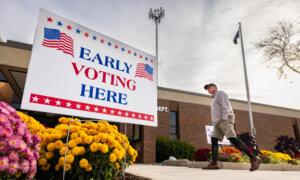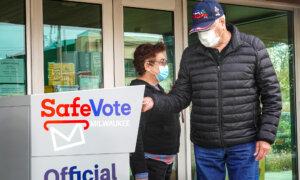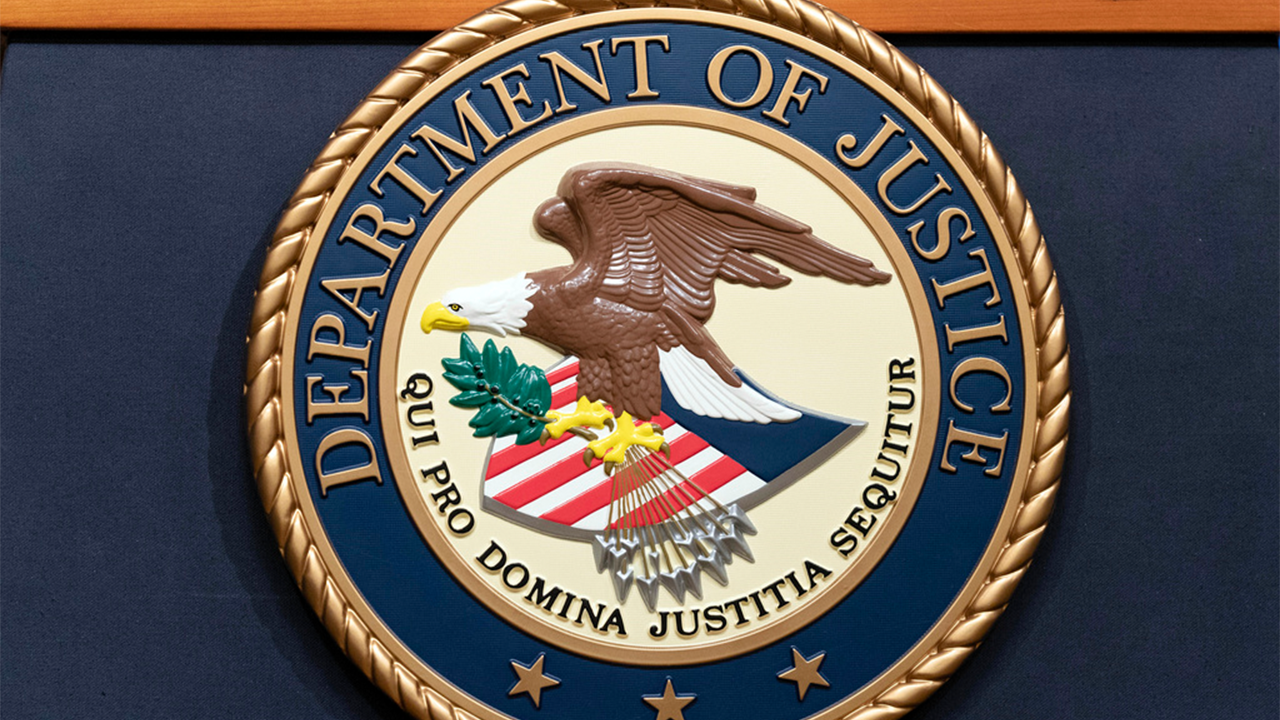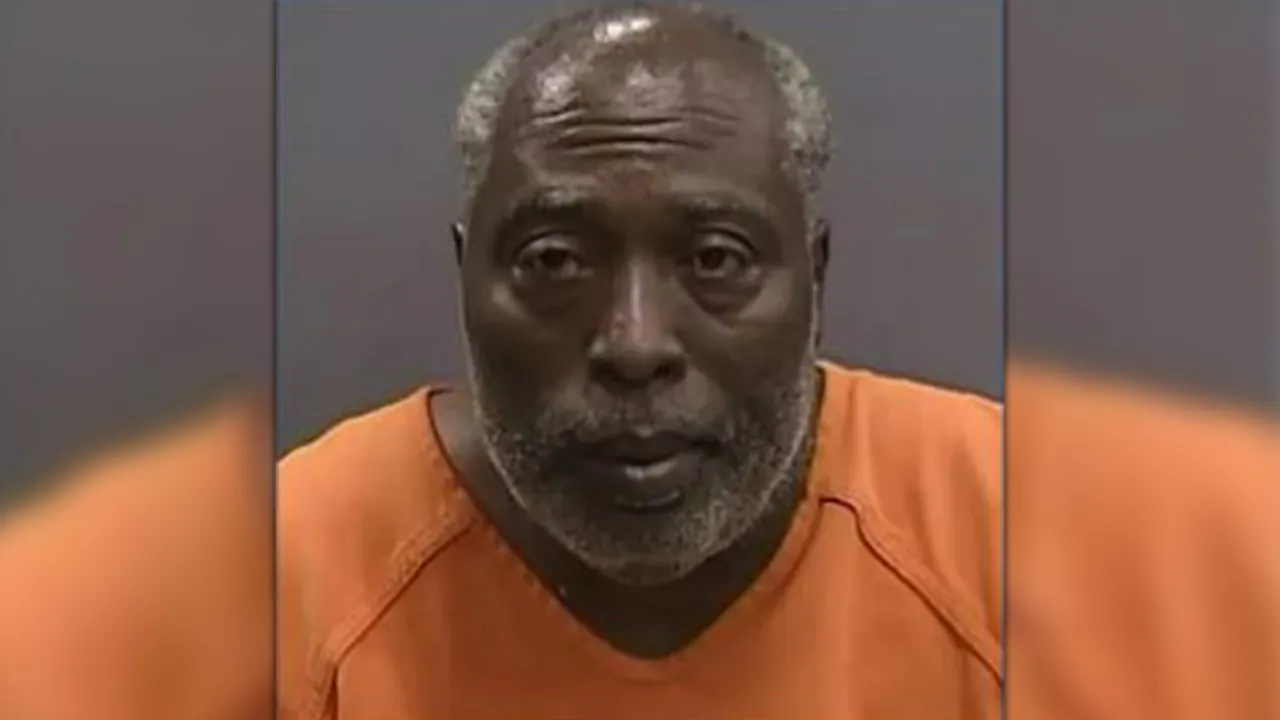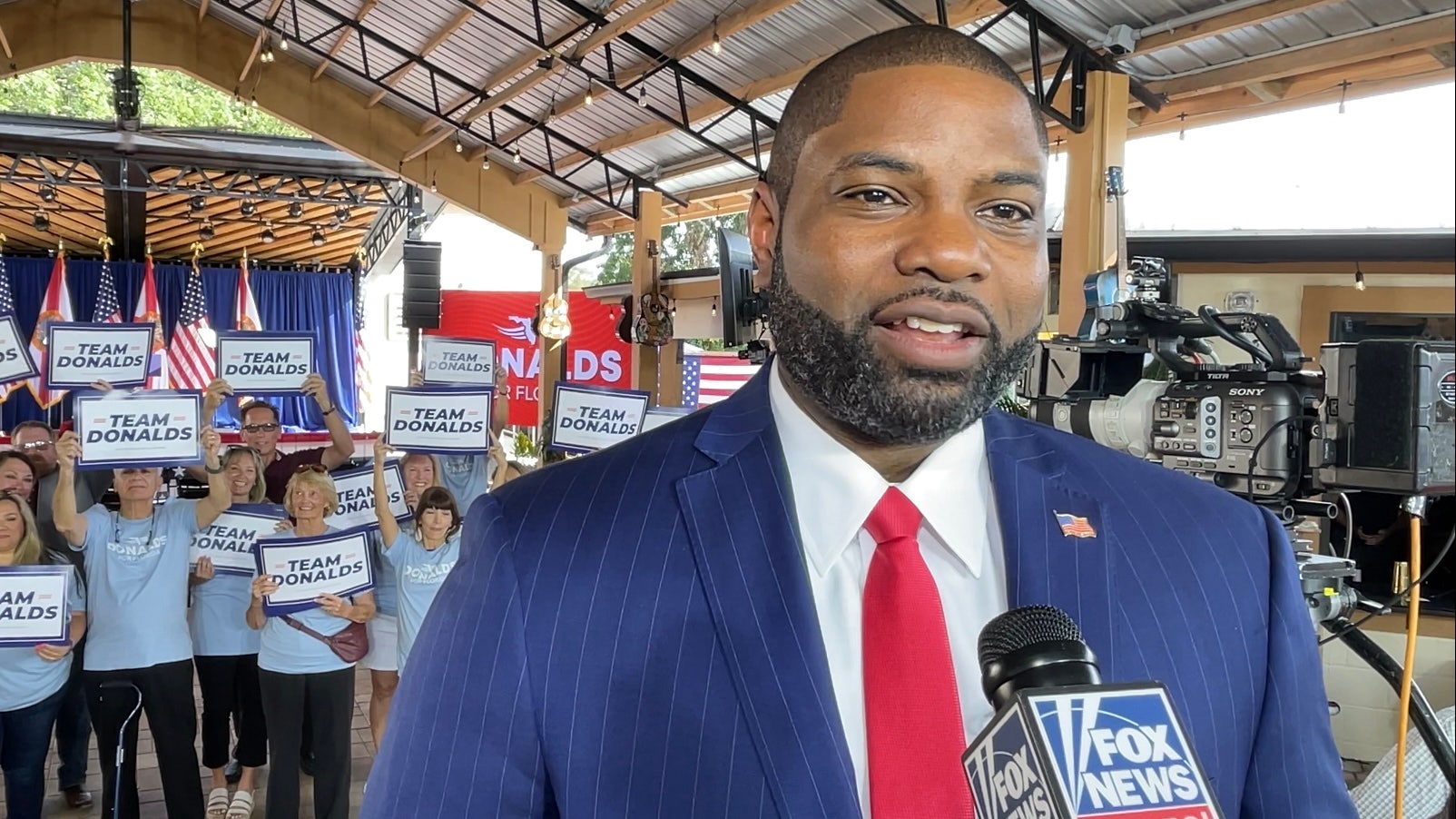The order requires proof of citizenship to register, cracks down on noncitizen voting, and calls for a review of voting machines, among other measures.
President Donald Trump, long a critic of U.S. election security, is taking steps to safeguard the vote against what he describes as “fraud, errors, or suspicion.”
In a sweeping March 25 directive, the president invoked his executive authority to overhaul election rules concerning voter registration requirements, election law enforcement, electronic voting system security, voting deadlines, and foreign interference in U.S. elections.
“We believe this executive order is the farthest-reaching executive action taken in the history of the republic to secure our elections,” White House Staff Secretary Will Scharf said as he handed the order to the president to sign.
“There’s a lot in here, but we believe that these are very important steps that we need to be taking as an administration at your direction to ensure that our elections are as secure as they possibly can be.”
As Trump signed the document—a move he described as “a great honor”—he indicated that his administration would be plowing ahead with additional election integrity actions in the coming weeks.
“Perhaps some people think I shouldn’t be complaining because we won in a landslide, but we’ve got to straighten out our elections,” he said. “This country is so sick because of the elections—the fake elections and the bad elections—and we’re going to straighten it out one way or the other.”
While election integrity advocates applauded the executive action, some voting groups are threatening to challenge the order in court.
Here’s a rundown of every issue the executive order addresses and how it is being received.
Vetting Voters
The order requires documentary proof of citizenship for would-be voters to register via the Election Assistance Commission’s national mail voter registration form.
Although it is illegal for noncitizens to vote in federal elections, the national registration form has historically required registrants only to attest that they are citizens, with no proof necessary.
Under the president’s new rules, registrants will be required to provide a copy of a U.S. passport, a valid government-issued photo ID, an official military ID that indicates citizenship, or another REAL ID-compliant document to join the registration list. That also applies to military members registering to vote absentee via the Federal Post Card Application.
The president also directed federal agencies—including the Department of Homeland Security, State Department, and Social Security Administration—to make relevant data and systems available to state and local election officials for verifying voters’ eligibility.
Homeland Security, in coordination with the agency’s Department of Government Efficiency administrator, will be tasked with reviewing states’ publicly available voter records to ensure registration lists are properly maintained.
Additionally, officials will need to review public benefits enrollees’ citizenship before offering them a voter registration form.
Enforcing the Law
Trump’s order establishes new election-related responsibilities for the nation’s chief law enforcement official while reinforcing old ones.
The order directs the attorney general to prioritize prosecuting noncitizen voting and to coordinate with and assist state officials in their investigations of such crimes.

U.S. Attorney General Pam Bondi speaks in Washington on Feb. 5, 2025. Andrew Caballero-Reynolds/AFP via Getty Images
In cases where states fail to comply with federal law concerning voter roll maintenance, the attorney general is instructed to “take appropriate action.”
The Justice Department’s election law enforcement efforts will be aided by information-sharing agreements with states’ top election officials requiring notification of any suspected election crimes. If states opt out of such agreements, the attorney general is to consider withholding federal funds.
The attorney general will also prioritize enforcement of federal laws that prohibit foreign contributions in U.S. elections and lobbying by organizations receiving federal funds.
Preventing Fraud
Questions about the security of electronic voting systems have plagued national elections since the 2020 presidential contest.
Trump’s directive seeks to address such concerns by ordering the homeland security secretary and Election Assistance Commission to review and report on the security of all electronic voting and voter registration systems.
Officials will examine how such machines are connected to or integrated into the internet and the risks involved. The Election Assistance Commission will also be responsible for updating voting equipment guidelines and security standards accordingly.
“This includes requiring a voter-verifiable paper ballot record and not using ballots in which the counted vote is contained within a barcode or QR code,” a White House fact sheet notes.
The attorney general and Homeland Security secretary will also ensure noncitizens are not involved in the administration of federal elections, barring their access to related equipment, ballots, or any other materials.
As for mail-in and absentee ballots, they will only count toward federal elections if received on or before Election Day, save those cast by overseas voters.
Seventeen states and the District of Columbia currently accept mail-in or absentee ballots after Election Day, according to the National Conference of State Legislatures.
The new rules require states to adopt “uniform and nondiscriminatory” standards to be enforced statewide, including what constitutes a vote and the Election Day deadline for casting one.
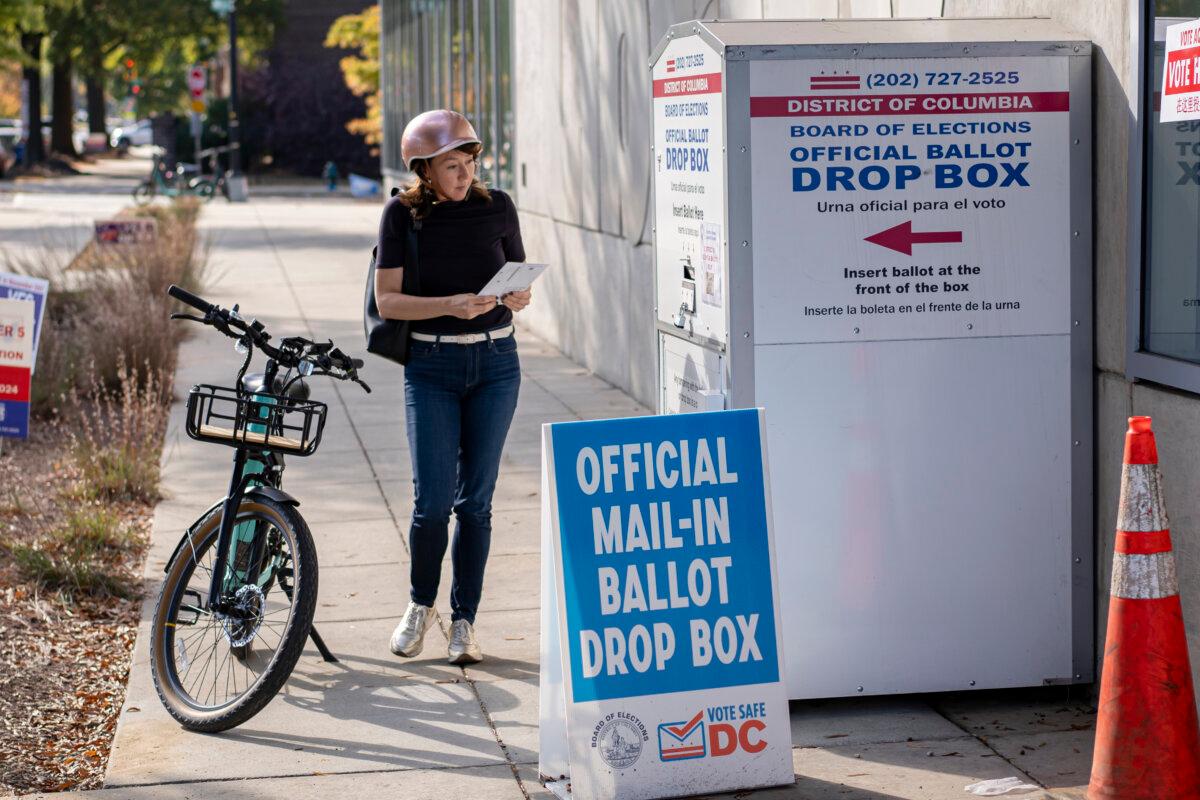
A woman casts her mail-in vote at an official ballot drop box in Washington on Nov. 5, 2024. Madalina Vasiliu/The Epoch Times
Lawsuits
The Campaign Legal Center and the State Democracy Defenders Fund on March 31 filed a lawsuit against the order. They argue that the directive is illegal because the Constitution gives states the power to regulate elections. The Constitution also grants Congress authority to regulate voting and override state laws governing elections.
“The Constitution does not give the president any role in setting election rules. The demands in Trump’s executive order are illegal and unconstitutional,” the Campaign Legal Center said in a press release.
Sophia Lin Lakin, director of the American Civil Liberties Union’s Voting Rights Project, stated within hours of the executive order’s signing that the measure “will no doubt disproportionately impact historically excluded communities, including voters of color, naturalized citizens, people with disabilities, and the elderly, by pushing unnecessary barriers to the fundamental right to vote.”
Attorney Marc Elias, founder of the progressive election news outlet Democracy Docket, is also expected to join the fray, though the administration may receive backup from certain states. Secretaries of state in Alabama, Nebraska, Ohio, and West Virginia have all spoken out in favor of the president’s order, forming a budding coalition of states that could support Trump in any forthcoming litigation.
“I applaud efforts on the part of the Trump administration to make elections more secure and, thus, increasing the confidence Americans have in the legitimacy of our government,” West Virginia Secretary of State Kris Warner said in a statement.
“Giving West Virginia free access to federal records to confirm citizenship and directing federal law enforcement to accept criminal referrals from states will bolster West Virginia’s efforts in maintaining accurate voter registration lists. States need this kind of cooperation to prevent foreign nationals from influencing elections and [to prosecute] bad actors who attempt to cheat.”
Ohio Secretary of State Frank LaRose echoed his appreciation for the prospect of citizenship data-sharing, which he said was “something we’ve been pushing the federal government to do.”
He said his team would review the rest of the president’s order “to see how it specifically applies to Ohio, but it’s refreshing to have an administration that’s finally setting some clear standards on election administration.”
Meanwhile, Republicans in Congress have revived efforts to pass the Safeguard American Voter Eligibility Act, or SAVE Act.
The bill, previously blocked by Democrats, requires the removal of noncitizens from state voter rolls and proof of citizenship to register to vote.
If passed, the bill could shore up the administration’s legal defense against lawsuits.

